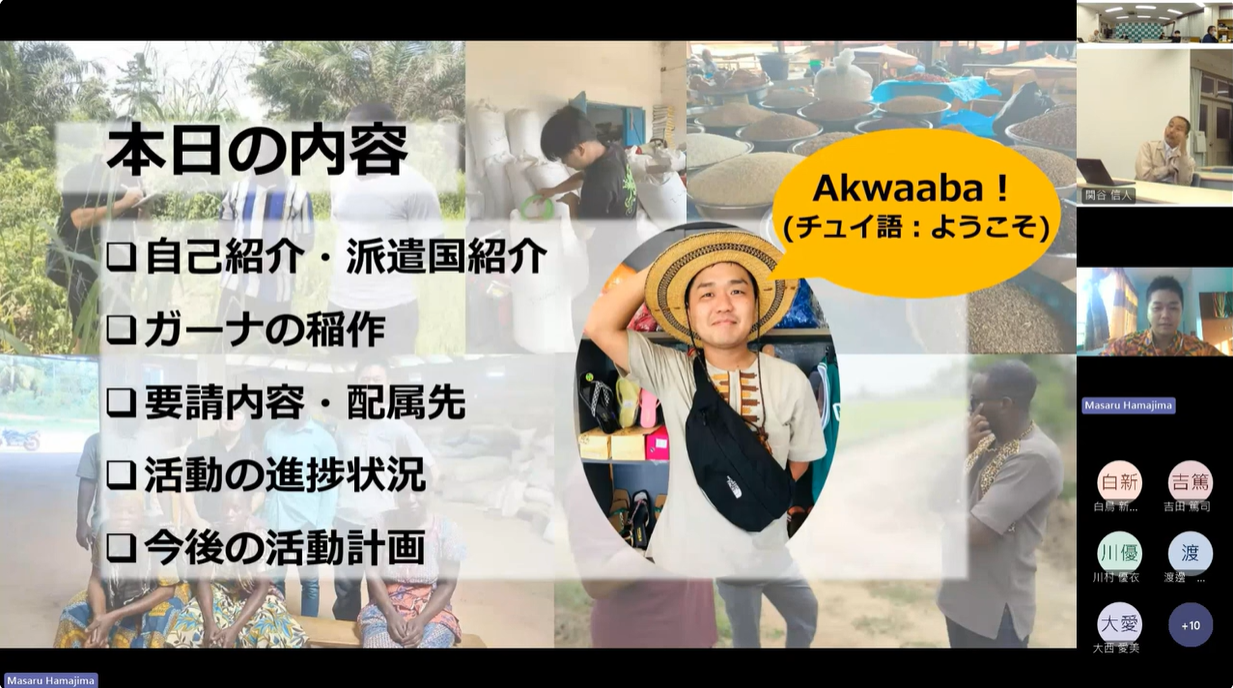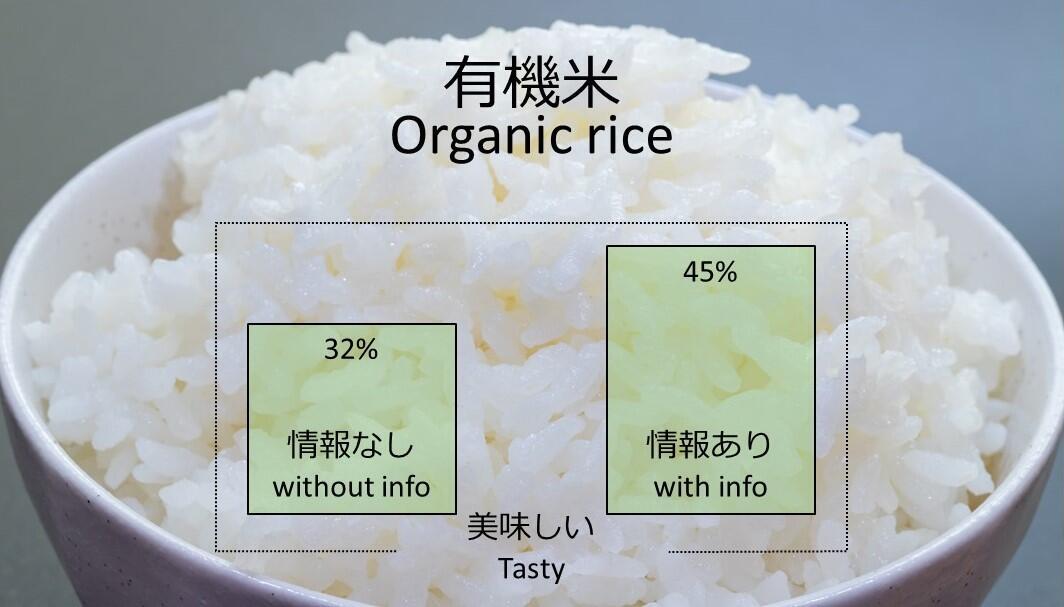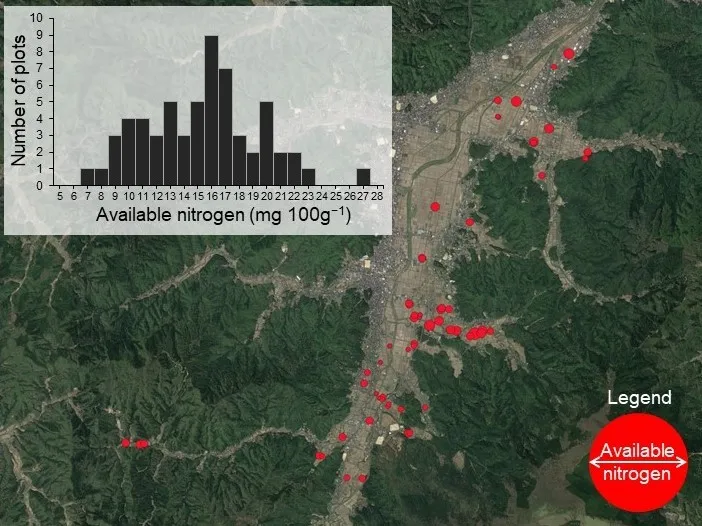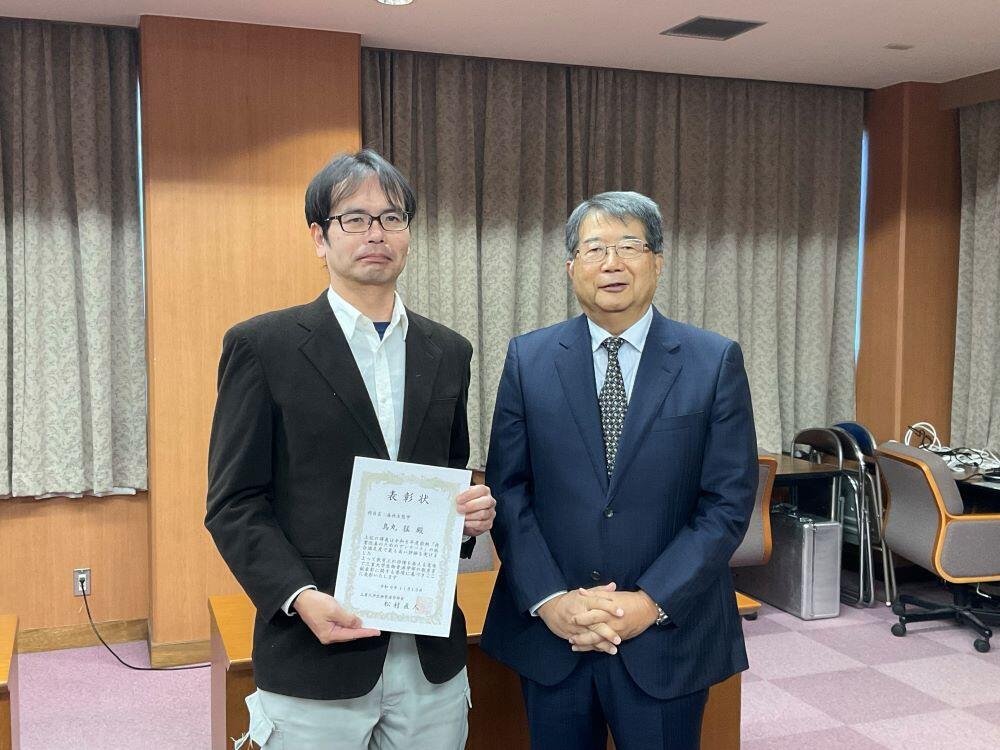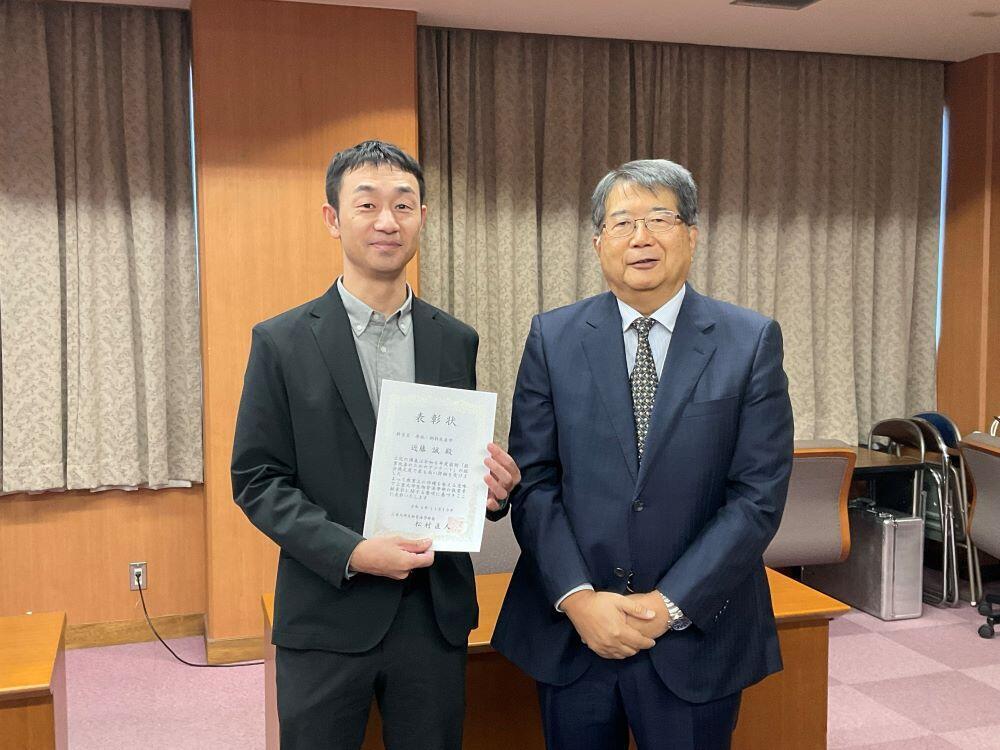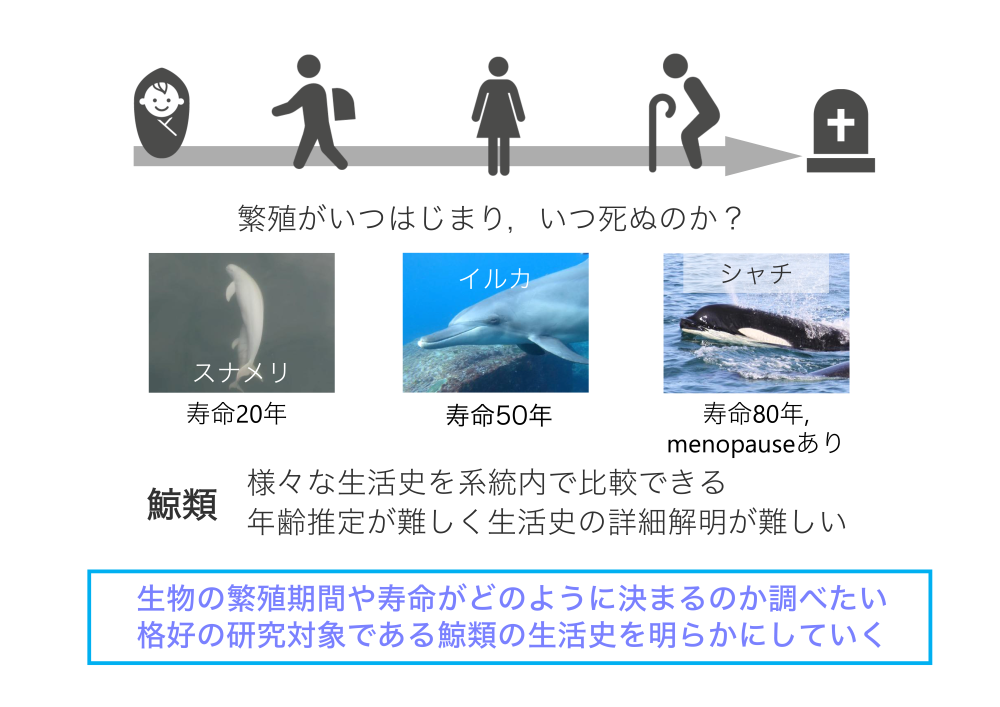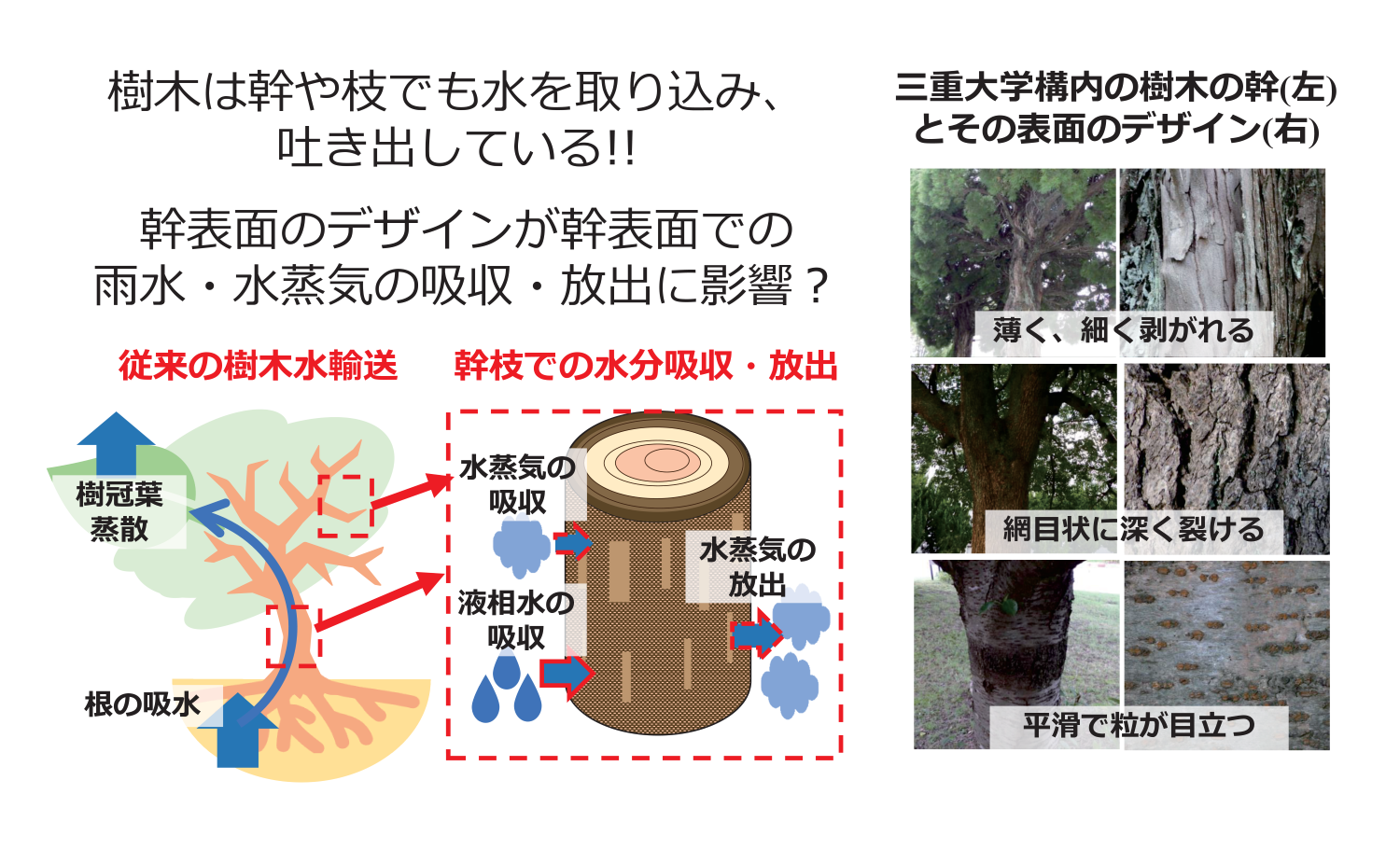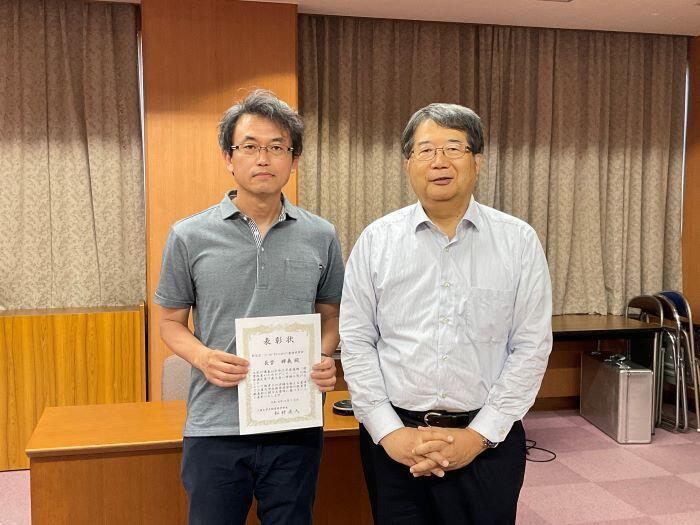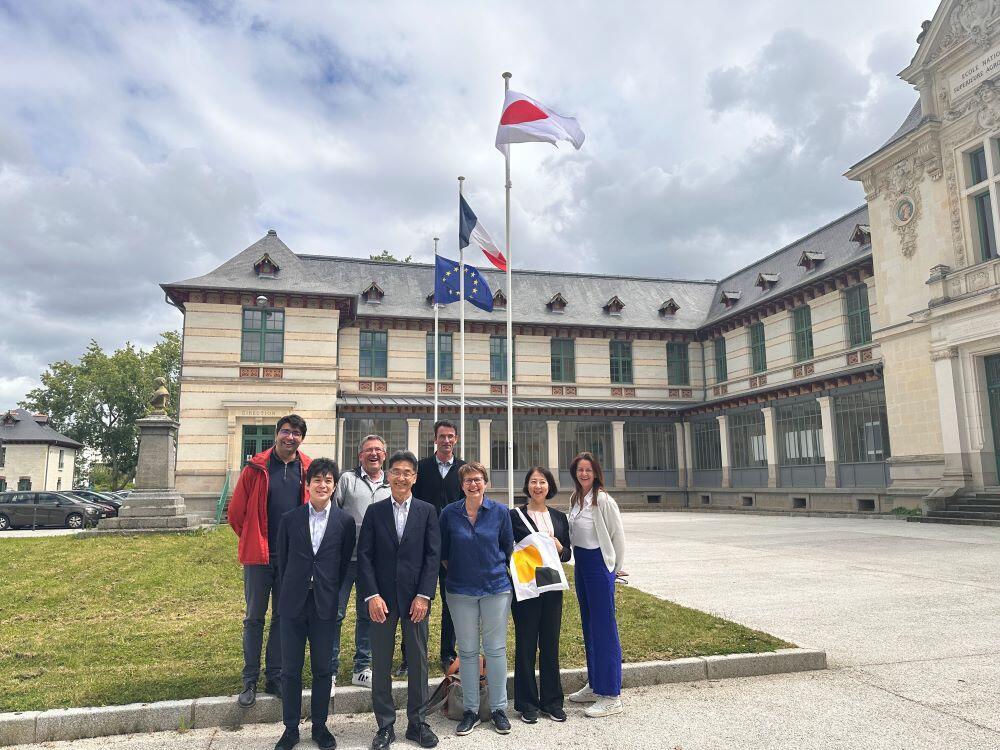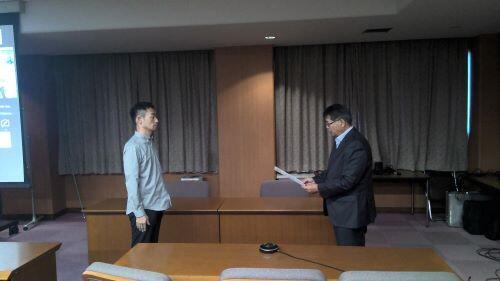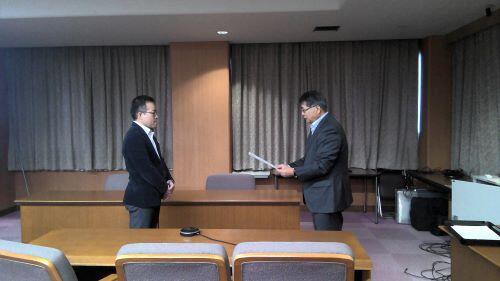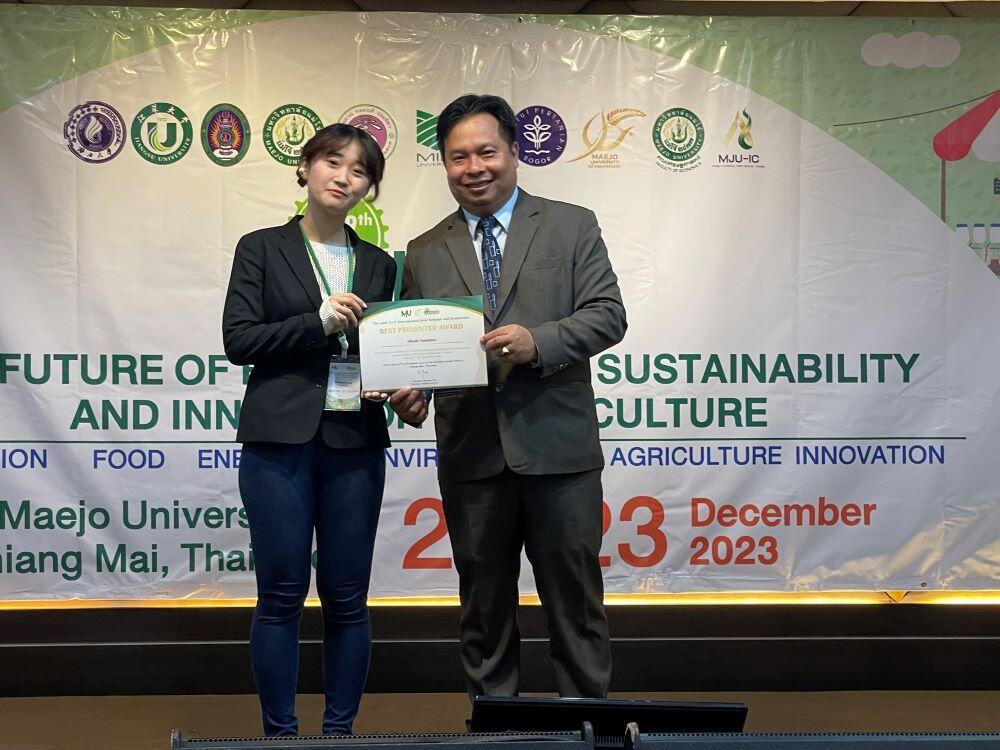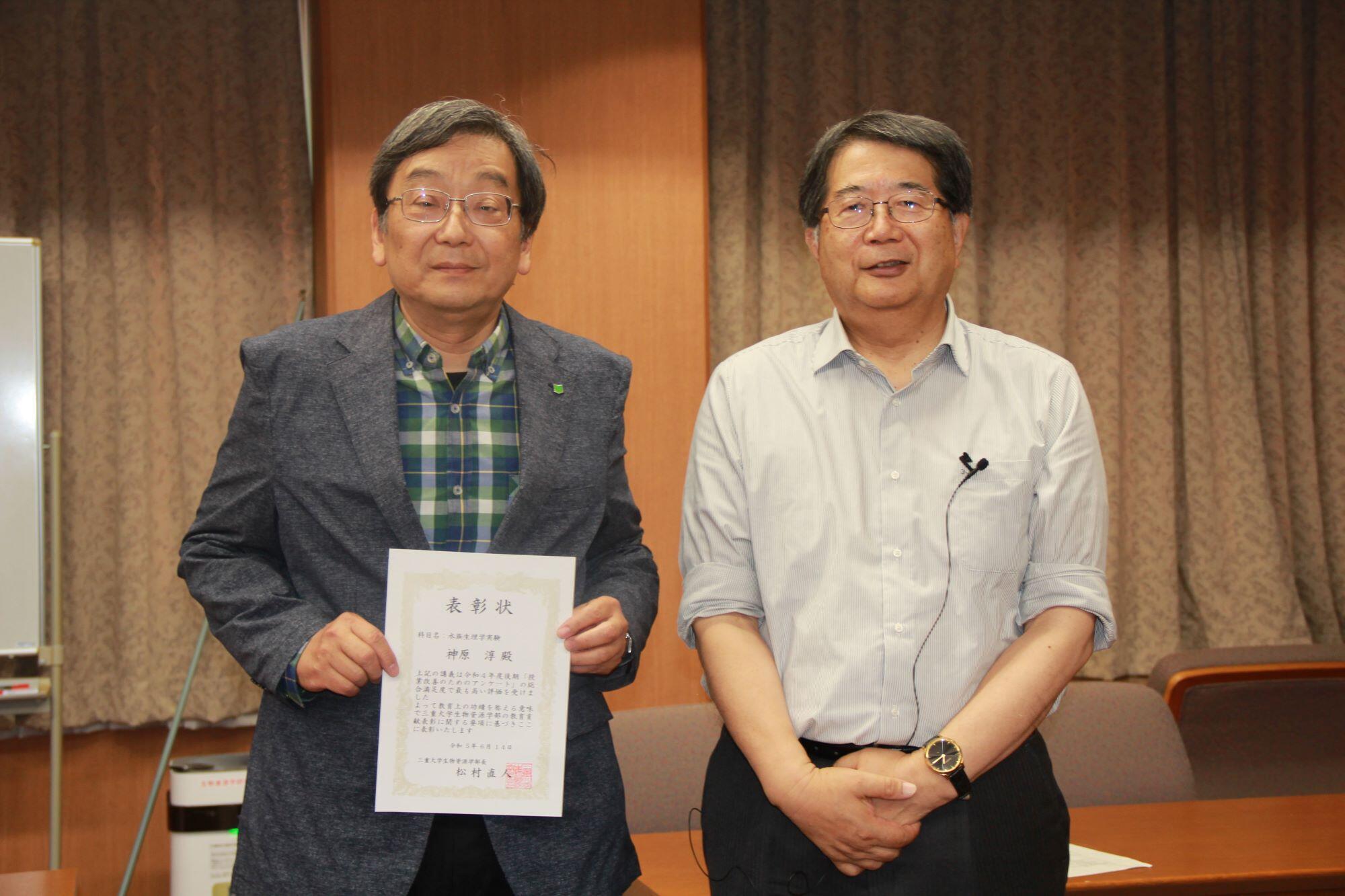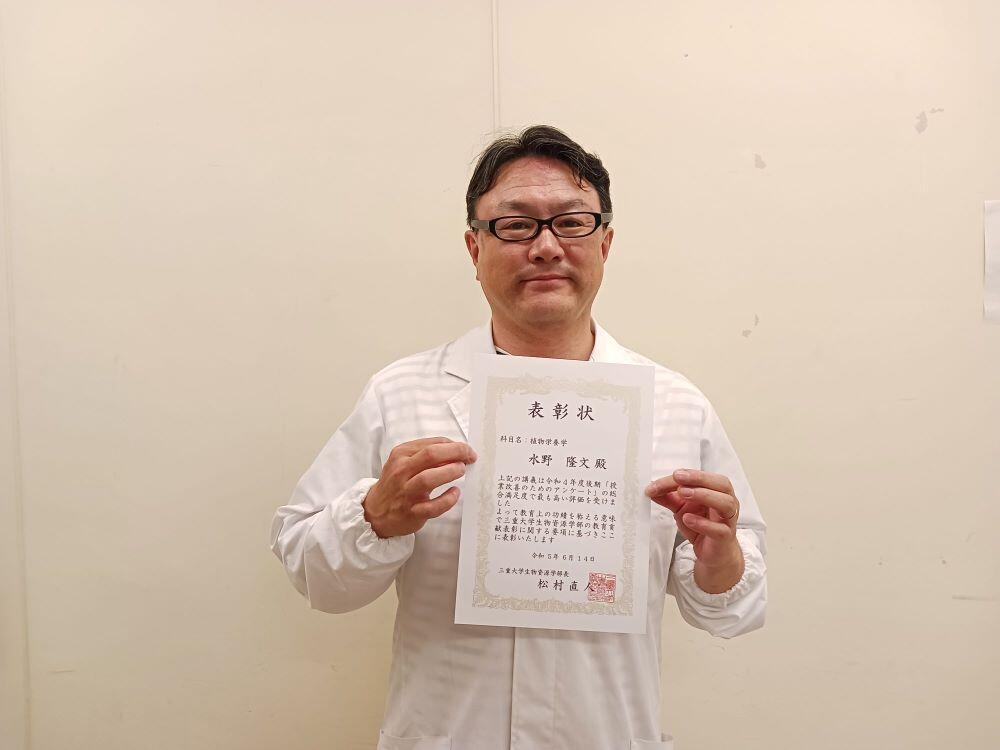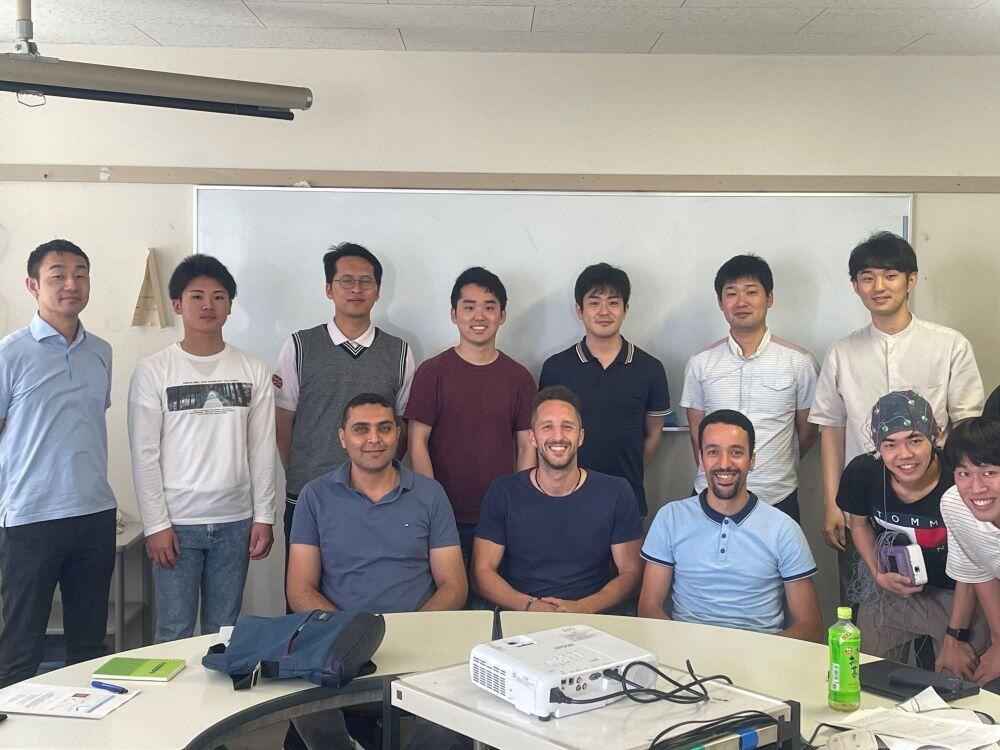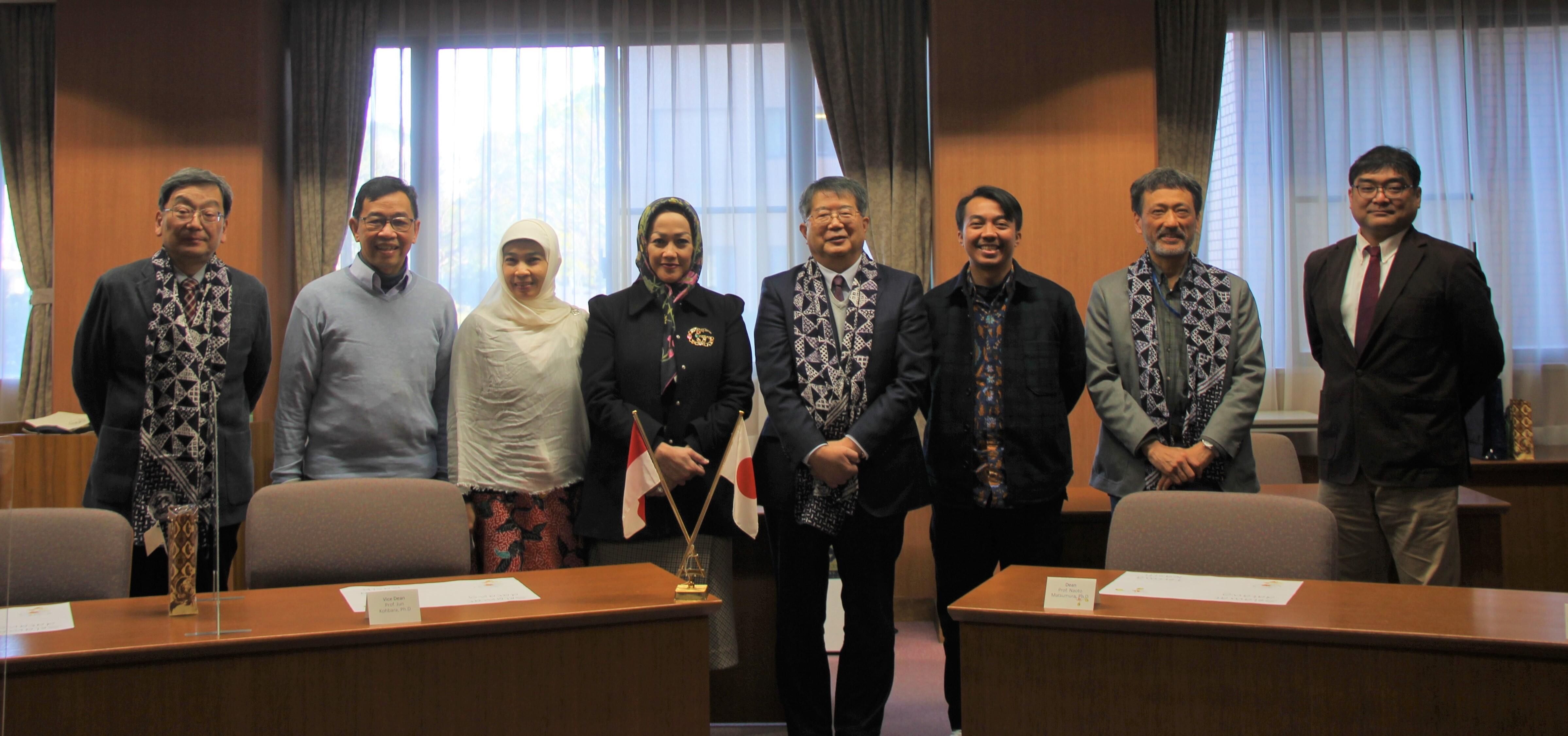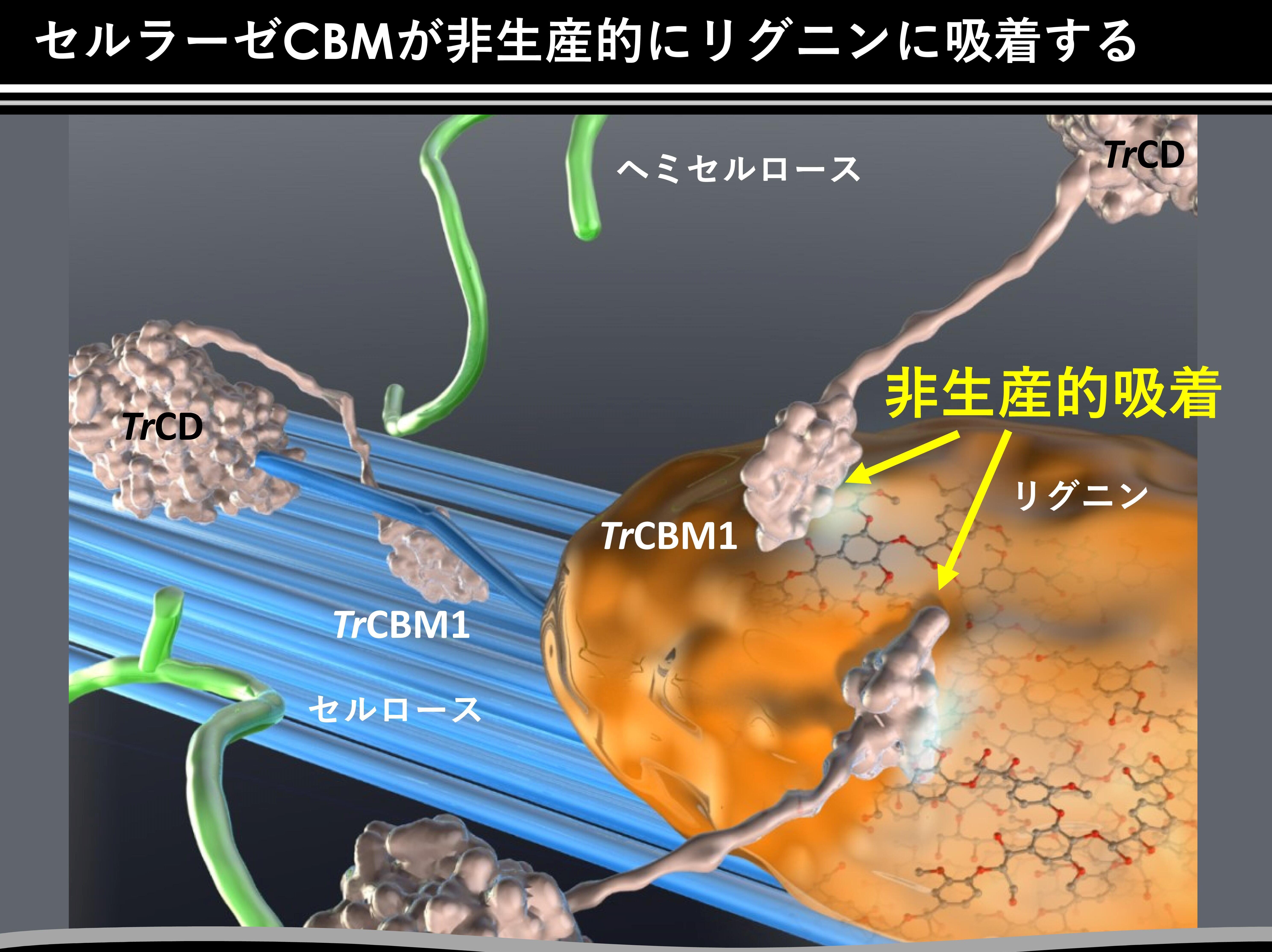Course of Agrobiology
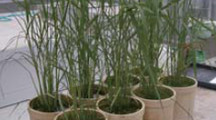
Our course is intended to study biological phenomena in plants, animals and microorganisms at levels of molecules, cells, individuals, and populations, and communities, and further to improve the productivity of agricultural resources in a sustainable way and to decrease the environmental pollution. Students are taught basic sciences for the breeding, cultivation, and protection of plants and stockbreeding as well as a wide range of technologies related to plant and animal production.
Course of Forest Resources and Environmental Science
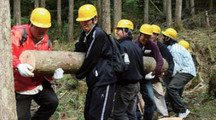
Covering 30% of the earth's surface, forests are a massive collection of biological life that accounts for 90% of all life on land. This is why forests both play a large role in sustaining the global environment and are important as a renewable resource. In addition, not only do they function to adjust the environment through land conservation, water resource cultivation, and climate mitigation, forests contribute a great deal to our lifestyles by, for example, providing us with green spaces to gain mental relaxation. In this course, we seek to understand the features of forests, with their multifaceted functions, and find methods for using these resources and diverse functions sustainably while maintaining harmony with the natural environment. We do this through lectures, seminars, and practical training in the university's forest. Topics covered include ecology, botany, microbiology, soil science, chemistry, physics, and information science.
Course of Glocal Resources Utilization
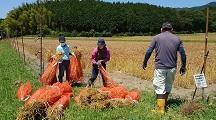
We carry out research and education to use unique local assets appropriately in rural villages around Japan and the world, with the aim of creating sustainable socio-economic development. Specifically, we emphasize fieldwork, providing education and research on socio-economic fields with the aim of constructing a social system to achieve sustainable use of local resources. We also carry out education and research related to practical utilization technology for regional resources targeted at developing nations in particular, on a foundation of biology.
Plant Molecular Genetics and Breeding
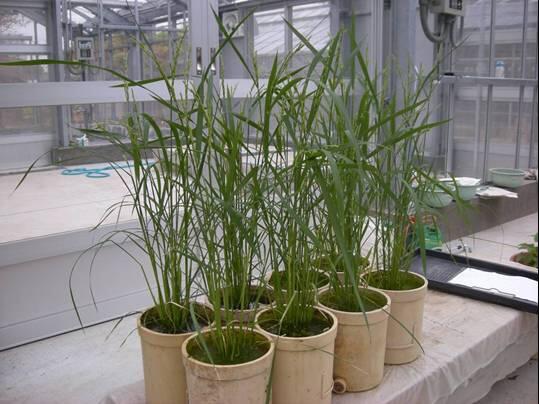
'Breeding' is based on the genetic modification of organisms for the purpose of selecting improved offspring. This laboratory conducts molecular genetic and genomic studies useful for plant breeding, particularly on the mechanisms of plant reproduction (i.e., pollination/fertilization, self-incompatibility, floral organ formation, etc.). We aim to elucidate molecular functions of genes important for plant breeding by using gene transfer and resultant transgenic plants.
Forest Conservation Ecology
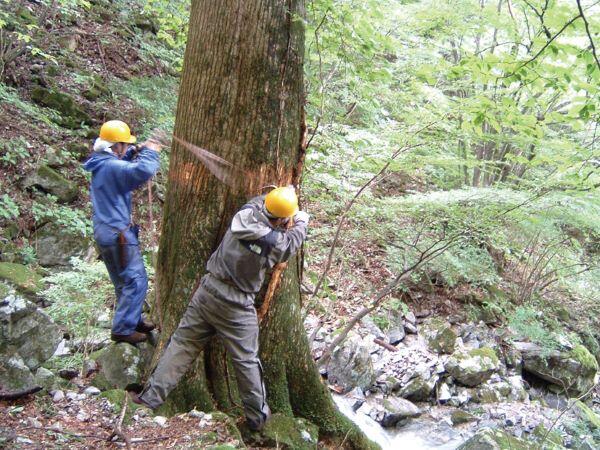
Focusing on the forest tree species, that is the fundamental element of forest ecosystems, we explore the mechanisms that maintain ecosystems by monitoring the diversity and structure of natural forest communities and investigating the habitats of individual trees. Furthermore, on the endangered plant species or tree species growing on the specific moisture environments, we research the ecological and physiological traits of tree species by artificially growing the individual trees under the controls of water environments, and also analyze the genetic diversity of forest tree species using the DNAs isolated from leaves.
Sustainable Resource Economics
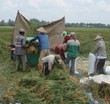
In this field, we investigate on the economic aspects of activities utilizing the growth of plants and animals, and the production of useful materials for human life. For this purpose, education and research are provided focusing on the correlation among population, food, environment and resources, using the methodology based on food and agricultural economics and environmental economics. In addition, giving consideration to overseas students, importance is placed on learning these problems from historical, social economical and global points of view, and analyzing the role-sharing between markets and governing bodies.
Crop Science
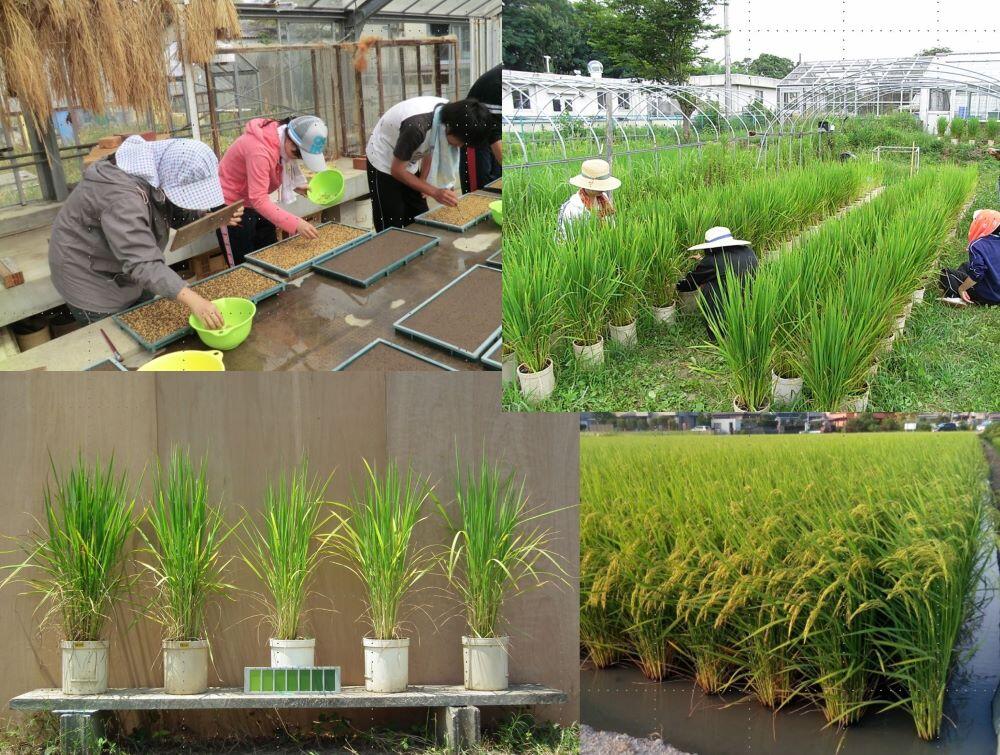
Our life depends on bioresources from agriculture, forestry and fisheries for a long time. Especially food crops and industrial crops are very important for quality life. We continue the researches on their growth habits, flowering and fruiting characteristics, yield, quality and utilization. We also try to develop sustainable and stable high yield culture systems and to modify cultural varieties. The target crops are rice plant, soybean, sweet potato and Iseimo (Chinese yam) etc.. Our laboratory contribute to promote crop production in Mie area.
Forest Mycology
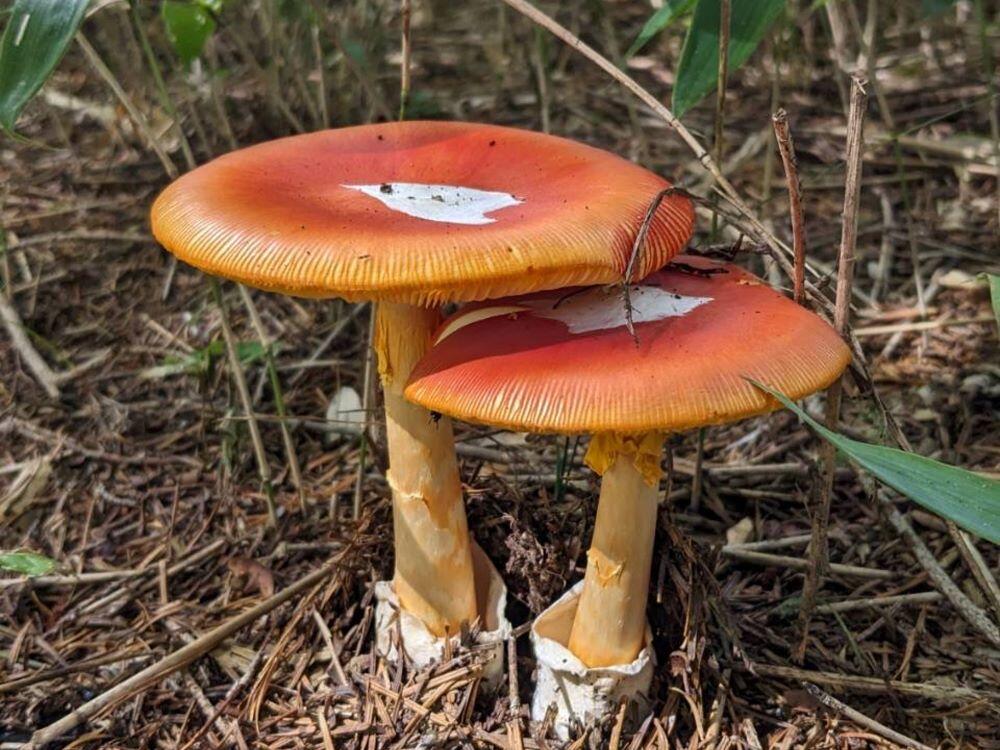
In our laboratory, we are studying to unveil the species diversity and functional significance of microorganisms especially ones associated with woody and herbaceous plants, that facilitate matter and energy flows in forest ecosystems. For this purpose, students will have expertise in comprehensive forest microbial ecology through field activity as well as laboratory works of isolation, microscopy and molecular analyses.
Farm Management and Rural Sociology
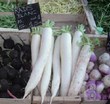
Our main methodology is farm business management and sociology of agriculture. We are studying the issues by a series of domestic and overseas field (social) surveys, and are doing education and research with emphasis on interdisciplinary fields such as agri-environmental and regional/rural policies, and social activities. Our study keywords are farm business development, organic agriculture, local food systems, rural and community sustainability, and composting food garbage as social recycling system.
Horticultural Crop Physiology
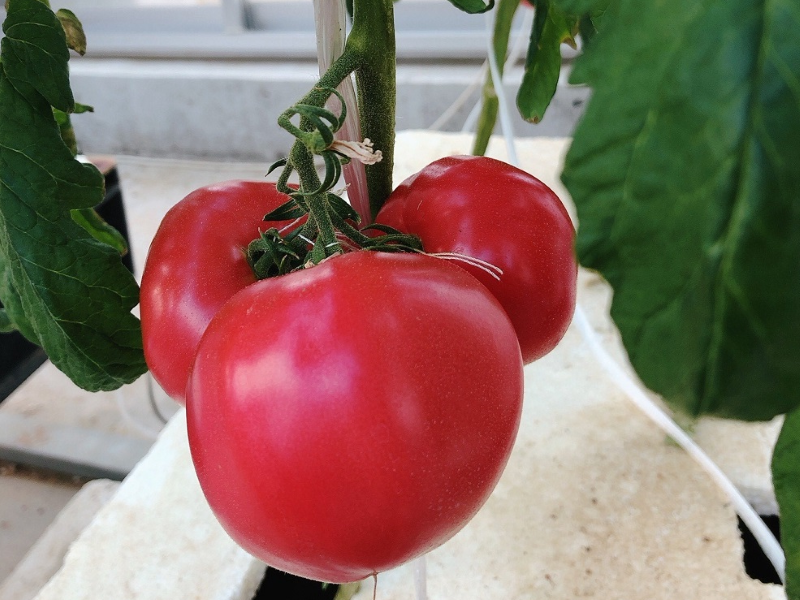
To improve the quality and cultivation method in fruit trees and vegetables, investigations are in progress from cultural, physiological and biochemical standpoints. In pomology field, studies on fertilization, fruit growth and ripening are conducted in pear and mandarin, while stress physiology is analyzing in olericulture field by using tomato, cucumber and so on. Feedback of experimental results is also given to practical cultivation.
Soil Science and Plant Nutrition
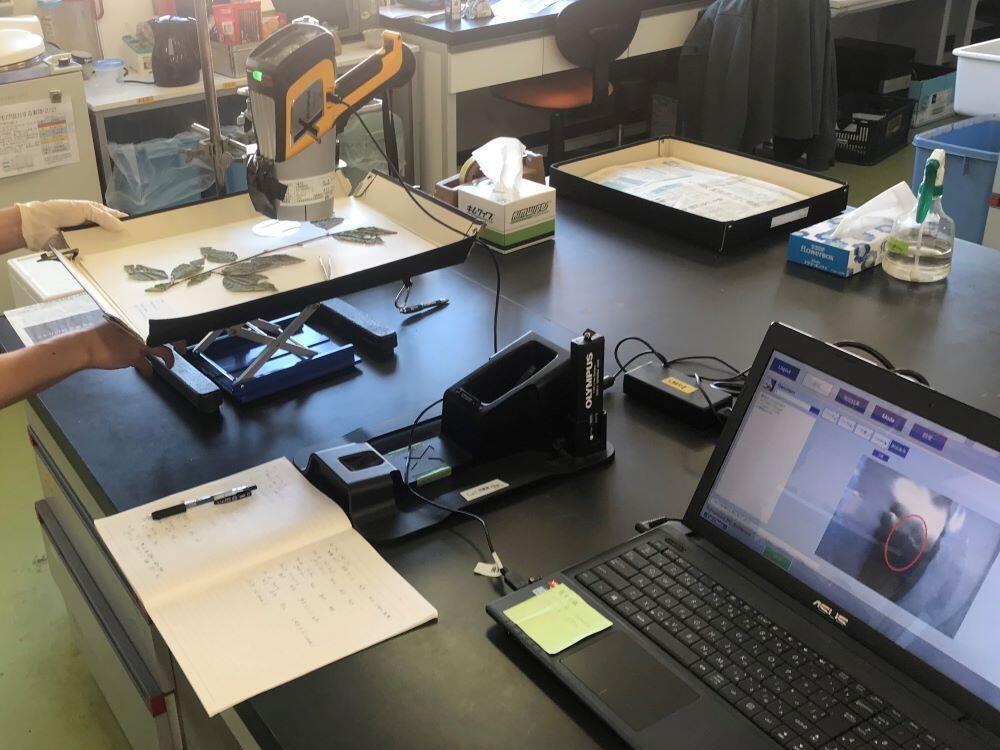
Our laboratory researches about the plants inhabiting on severe environments, such as high metal, poor nutrition, and alkali soil condition. Through these studies we study how these plants adapt such soil, and make characteristic vegetation. And more, we investigate the methods how to use these plants for revegetation of quarry areas.
Economic System of Bioresources
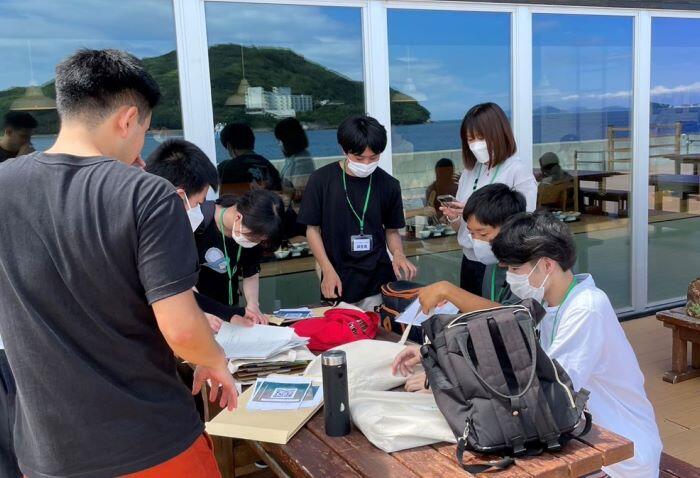
The ocean has played various useful roles for human to live comfortably in the future, it not only supplies seafood, but maintains a good environment. In our laboratory, we discover new merits such various value for human that the ocean has, especially we research and educate on the state of food industry which is considering "safety and relief " in each stage of production, distribution, and consumption system of marine products.
Animal Production
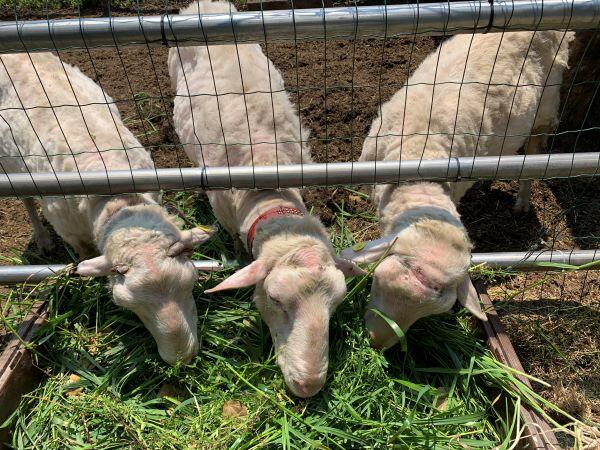
Livestock animals such as cattle, pig, and chicken provide meat, milk, and egg which are good protein source for human being. We focus on improving productivity of the livestock animals and reducing impact on environments by controlling endocrine action and gastro-intestinal microorganisms of the animals. Improving productivity will reduce amount of feed consumed and impact on environments.
Forest environmental science
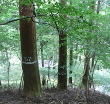
・・・
Global Plant Resource Science
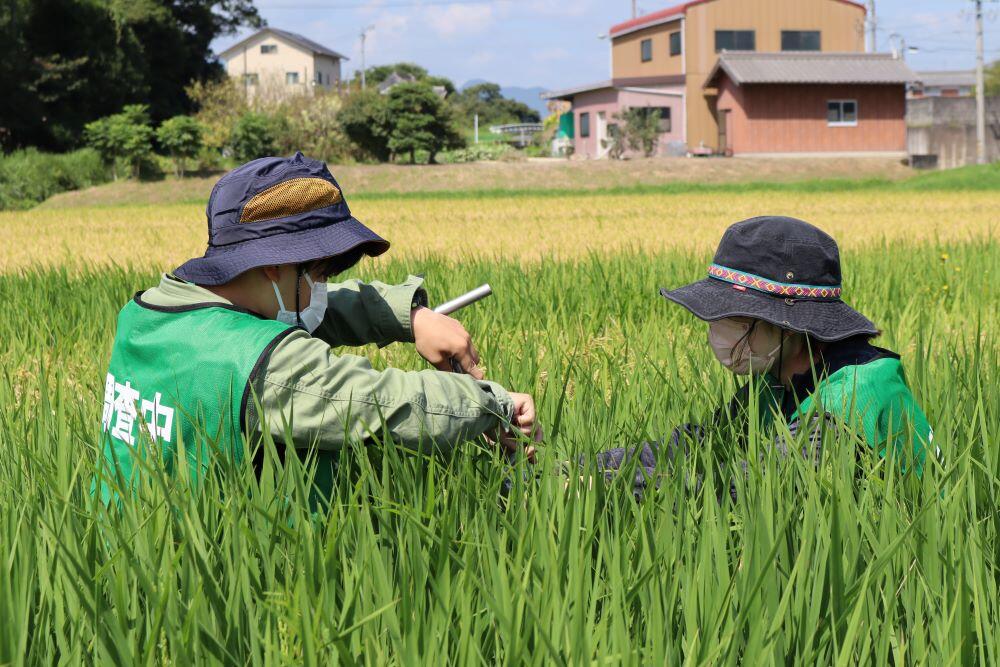
The global plant resource science is a field of science that studies plant species grown as resources somewhere in the world from various points of view. Plants for food including animal feed, industrial material and energy source are within the target. The focus of our laboratory is to develop the cultivation technique, particularly the ones to increase production under various environmental conditions and to improve quality of end product.
Grassland and Animal Feed Production
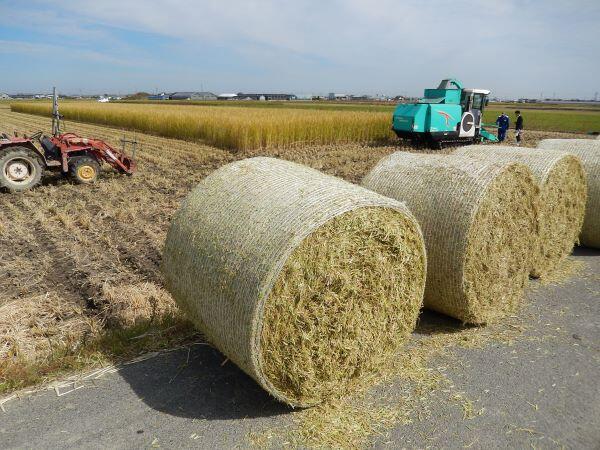
We have been studying the nutrient characteristics of feedstuffs including forages produced in temperate and tropical countries, and food-industrial by-products for ruminants.
Forest Planning for the Environment
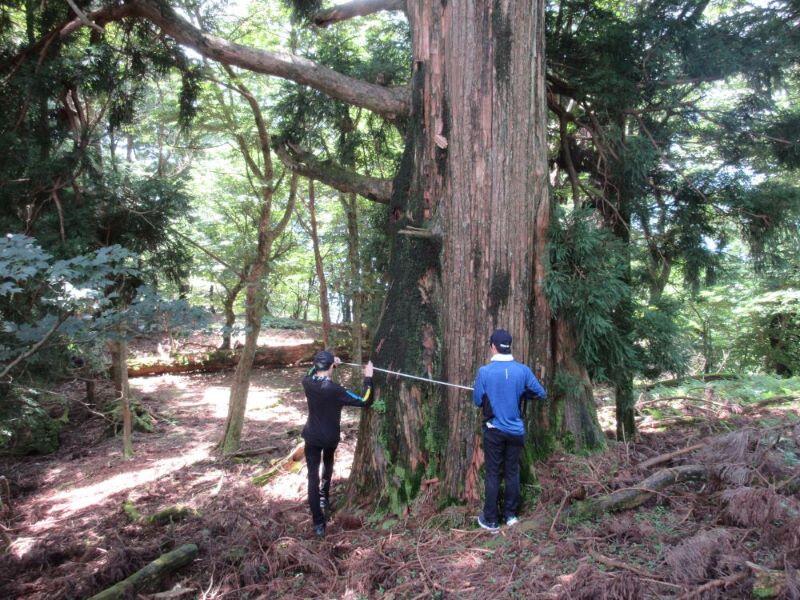
Research and education are carried out for planning, designing and supervising the development and use of land, forest and water resources, while paying attention to the conservation and restoring the natural environment. Making the balanced development and getting the agreement between human life and natural environment conservation are our goal. To reach the goal, issues concerning evaluation of watershed environment, management of ecosystem, creation of environmental equipment and safe space are investigated with socio-economic and natural scientific methodologies, or the integrated procedures using these methodologies.
Forest Engineering
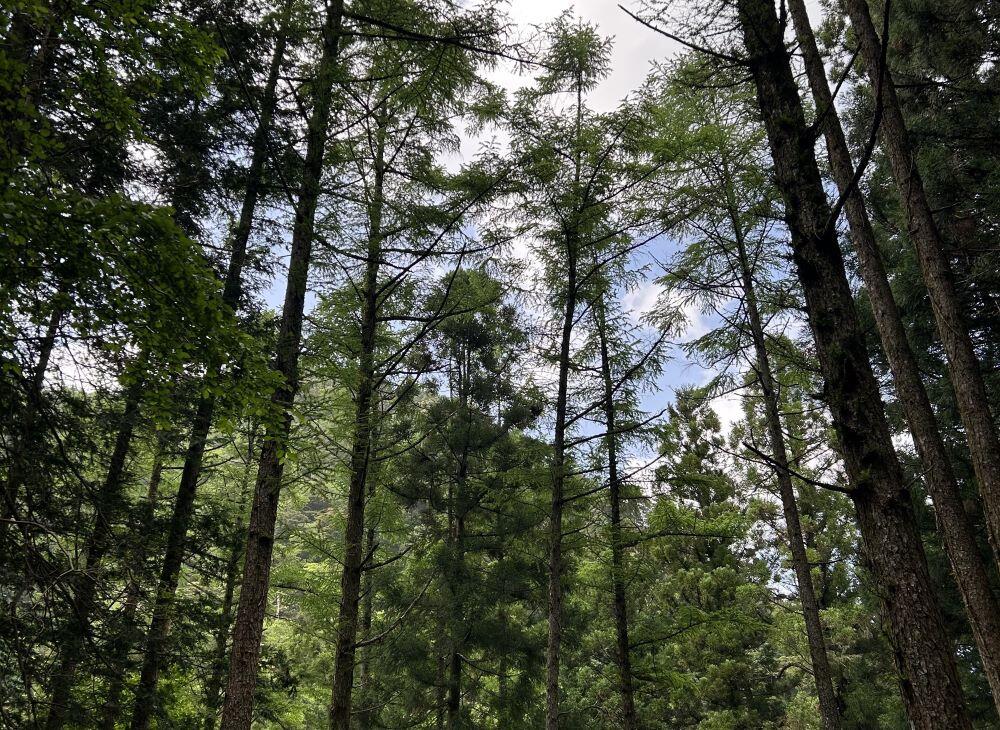
In our country, about 70% of country areas are the forest. It is important resources for our daily living, and habitation of the creature. For sustainable forest management, using techniques of forest utilization and forest information science, we study "operating system to reduce production costs", and "clarifications on long-term changes in the wide area of forest".
Global Resource utilization Science
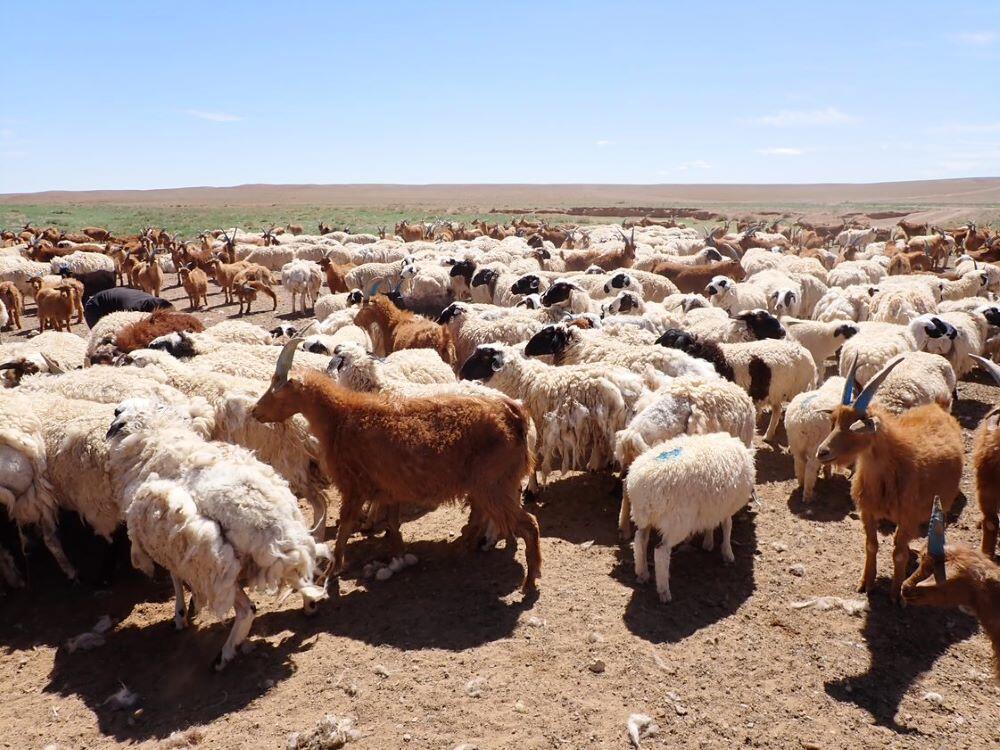
We are aiming to educate the socially harmonized technologies and advanced sciences of animal production and farming system, especially toward to the establishment of sustainable society leading to regional and worldwide environmental and food-supply resolutions. We believe that more detailed understandings and intensive and extensive uses of potential and strong hold of livestock on life should bring us more benefits and better health even under severe natural conditions and social and economic situation. Advanced theoretical and practical education of students not only from Japan but also from overseas is our target to contribute the achievement of fair and cooperative society of the world.
Phytopathology
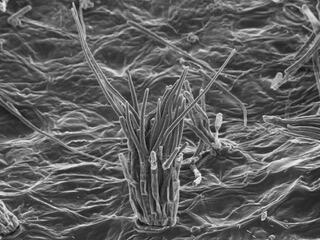
Accurate diagnosis of plant diseases, identification of causal organisms, and better understanding of epidemiology are essential for better control of plant diseases. The aim of education in this laboratory is to bring up prospective plant doctors who can make accurate diagnosis of plant diseases and guide farmers for control of the diseases. Research aims of laboratory staffs are taxonomy, diversity, phylogeny and evolution of plant pathogenic fungi using morphological and molecular methods.
Torrent and Hillside Conservation Technology

This research field intends to explicit the causal factors inducing erosion phenomena (e.g. landslides, collapse and debris flow, etc.) and changes to devastated lands occurring in Japan and overseas, caused by sediment related disasters and acute environmental changes in mountainous area. These factors are investigated through field survey, experimental methods and remote sensing techniques, etc. For this purpose, in this research field we educate and research on theory and techniques for conservation of natural phenomena (e.g.sediment and hydraulic phenomena), through the understanding of their reciprocal relationship, and the comprehension of processes related to devastation and restoration of natural environment.
Insect Ecology
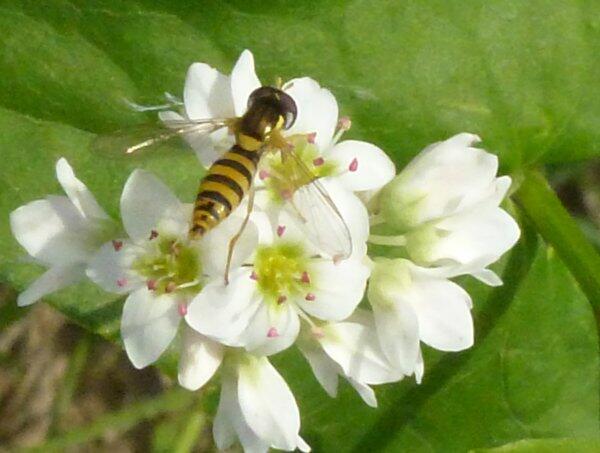
We aim for pest management in an environmentally friendly way, conservation of insect communities, and effective employment of useful insects for production of grains, beans, vegetables, and fruits. Our current research themes are as follows: (1) behavioral ecology of parasitoids, (2) social biology of paper wasps, (3)ecology of coleopteran pollinators, and (4) life history of herbivorous insects and evolution of their host ranges.
Wood Science and Technology
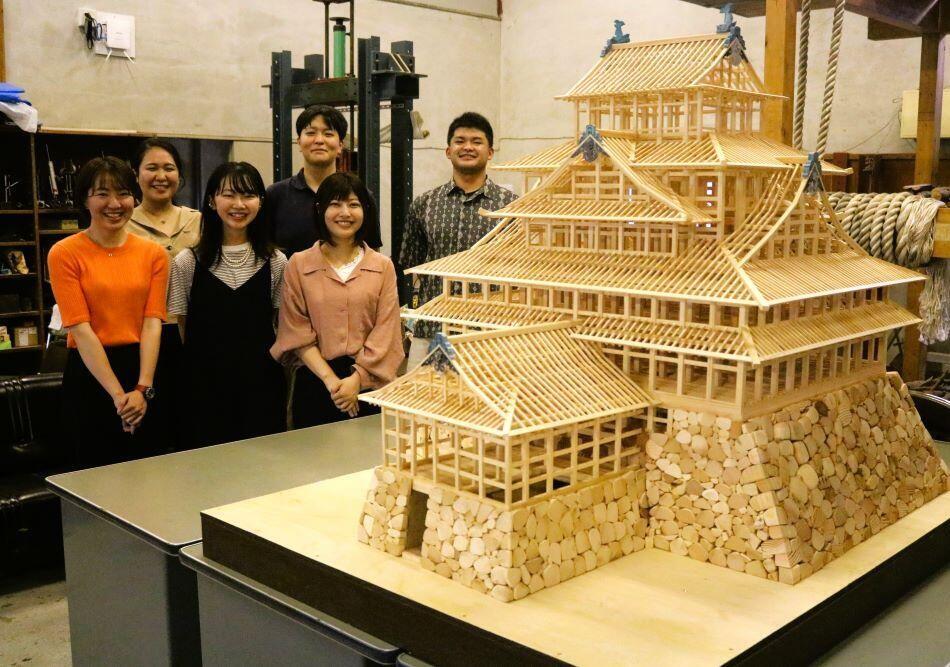
The wood is the material which is indispensable to our life has been used since ancient times. Because the wood is made from hollow fiber, it is light and strong material and have high insulation performance and humidity adjustment ability. The wood is the ideal material which is environment-friendly and we can permanently reproduce by photosynthesizing. Our laboratory studies the theory and the technique to use the wood effectively as structural and environmental materials by adding various kinds of conversion for engineering, while making use of the characteristic of wood.
Wood Chemistry and Technology
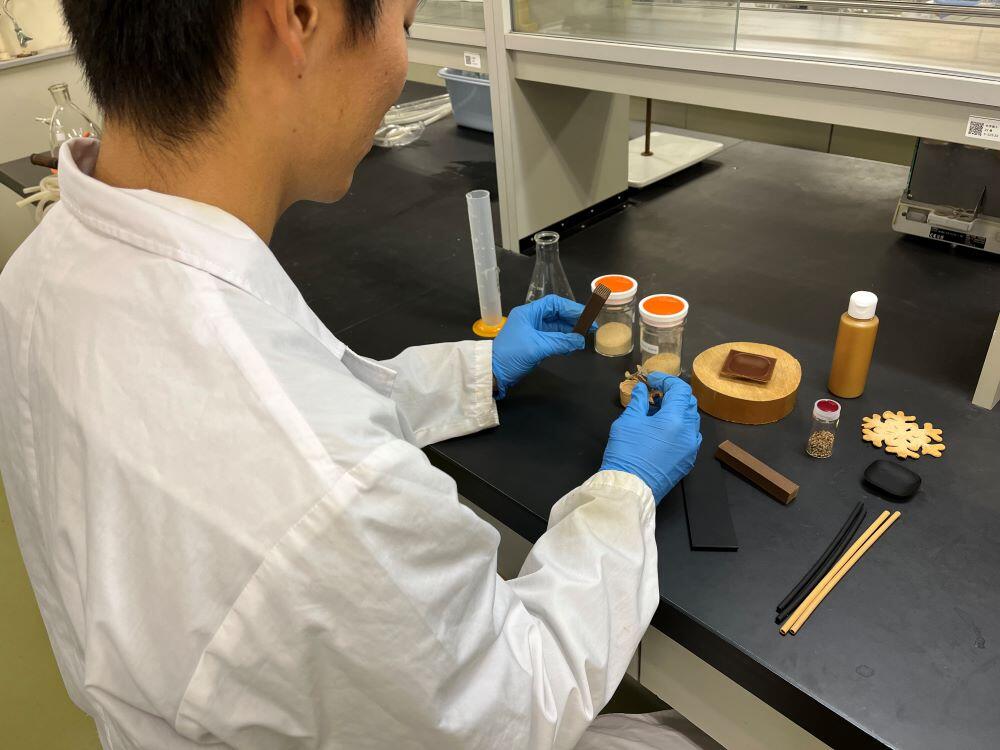
Wood is a sustainable renewable resource. Wood can be used as a fuel,however, it is wasteful to burn the organic compounds produced by photosynthesis using CO2 and H2O. Wood is a lignocellulosic material composed of cellulose, hemicellulose, lignin and extractives. Aiming at utilize all components, our laboratory studies [1] separation technologies of wood components, [2] chemical or enzymatic conversion of cellulose and lignin, [3] development of novel bio-fiber or polymer materials and [4] comprehensive analysis of the compounds derived from wood followed by searching valuable chemicals for food and medical use. Herbaceous lignocellulosic biomass like bamboo, sugarcane bagasse, rice straw and sorghum stalk is also subject of our research.

